报告人:胡伽尼

胡伽尼,1990年博士毕业于美国范德比尔特大学物理化学专业,1990 - 1993年在美国费城福克斯癌症中心从事博士后研究。现为美国韦恩州立大学医学院放射系正教授,韦恩州立大学磁共振成像中心共同主任,磁共振成像生物医学研究所副所长,卡尔曼诺癌症研究研究员,国际神经血管疾病学会理事。发表sci论文180余篇,3本著作/章节,6800 citations,h-index 45。
研究方向:生物医学成像和神经工程
1)mri在糖尿病治疗前后评价,无创纤维化分期,类淋巴系统和乳腺癌筛查;2) 基于神经免疫相互作用原理刺激神经系统调节糖尿病病人的免疫系统进行消炎。
报告题目:both the parenchymal venous system and the glymphatic system participate in cerebral waste removal
impaired cerebral waste clearance (cwc) has been associated with a broad range of both physiological and pathophysiological neurologic conditions, making it a focus-of-interest and an important area of study. because of the unique anatomy of the brain parenchyma, theoretically, in the brain parenchyma, biochemically inert waste such as mri contrast agents can only be removed through two possible pathways: cerebrospinal fluid (csf) pathway, and/or vascular pathway. despite controversy, there seems to be a solid consensus on the participation of the csf pathway in cwc. in contrast to the csf system, the current consensus is that parenchymal vascular system does not participate in cwc. considering there is a big difference in flow rate between the blood (2 ml/min) and the csf (3.7 µl/min) and the brain is the most bioactive, energy-consuming organ (20% nutrition for about 5% of body weight) in the body, it is illogical that the brain would rely on the slow csf circulation for cwc while less bioactive tissues outside the brain require both the fast vascular and slow lymphatic systems (which has the similar circulation speed as csf) to remove waste in a timely manner. here we present our results to demonstrate the participation of the parenchymal venous system in cwc using the qualitative and quantitative superparamagnetic iron oxide (spio)-enhanced susceptibility weighted imaging (swi), spio-swi methods.
时间:2021年11月12日(周五)下午14:00—15:30
地点:线下会场:南校区c楼110
线上会场:腾讯会议 会议号106 264 335,会议密码112233